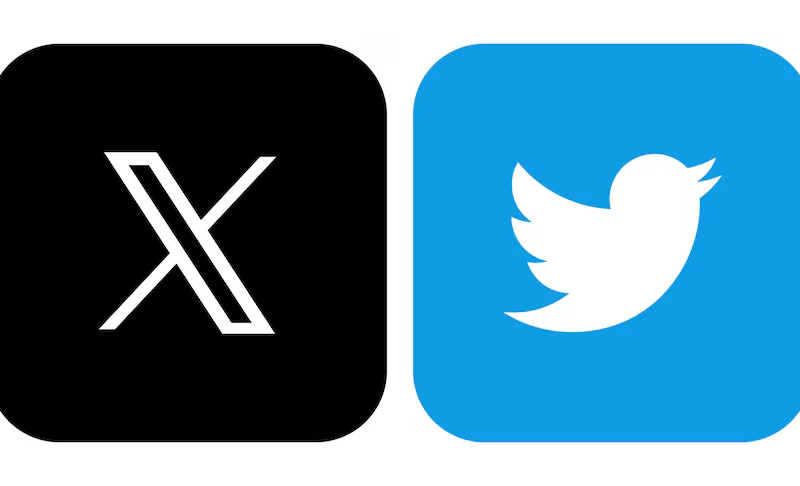In recent years, Apple has cemented itself as a global technology giant, redefining industries and shaping the way people interact with technology. From its groundbreaking iPhone to the ubiquitous App Store, Apple’s innovative products and services have captured the hearts and wallets of consumers around the world. However, the company’s meteoric rise to market dominance has also ignited a debate about competition and antitrust concerns, raising important legal and ethical considerations.
The Rise to Dominance: A Technological Revolution
Apple’s journey from a garage-based startup to a trillion-dollar company is a tale of innovation, ingenuity, and disruption. The introduction of the iPhone marked a watershed moment in the tech industry, sparking a revolution in mobile communication and ushering in the era of smartphones. With its sleek design, intuitive interface, and app ecosystem, the iPhone became a cultural phenomenon and a staple in the lives of billions.
The subsequent launch of the App Store further solidified Apple’s position as a tech giant. It provided developers a platform to create and distribute applications, unlocking new possibilities for entrepreneurs and reshaping entire industries. This ecosystem empowered app creators and enabled Apple to cultivate a loyal customer base, driving its market dominance.
Antitrust and Competition Concerns: The Regulatory Spotlight
As Apple’s influence grew, so did concerns about its impact on competition. Critics argue that the company’s tightly controlled ecosystem, App Store policies, and fees have stifled competition and innovation. Developers have complained about the App Store’s review process, revenue-sharing model, and alleged preferential treatment of Apple’s apps. These concerns have prompted regulatory authorities in various jurisdictions to examine whether Apple’s practices are anti-competitive.
In 2020, the United States House Judiciary Subcommittee on Antitrust, Commercial, and Administrative Law conducted a high-profile investigation into competition in digital markets. Apple and other tech giants faced tough questions about their business practices and their implications for smaller competitors. The European Union has also taken action, with ongoing investigations into Apple’s App Store and its mandatory use of Apple’s in-app purchase system.
Apple Controls Every Aspect Of The User Experience In Their Ecosystem
At the heart of Apple’s ecosystem lies a symbiotic relationship between its hardware and software. Unlike many other tech companies with diverse hardware partners, Apple designs its devices and the operating systems that power them. This vertical integration allows optimized performance and seamlessness that is often hard to replicate.
When users interact with an Apple device, they’re not just engaging with a piece of hardware but entering a carefully curated digital environment. This level of control enables Apple to fine-tune its software to work seamlessly with its hardware, resulting in a smoother, more responsive, and user-friendly experience.
Ethical Considerations: Balancing Innovation and Fairness
Beyond the legal realm, ethical considerations come into play when examining Apple’s market dominance. The company’s closed ecosystem and control over its devices, compatible parts, and services raise questions about consumer choice and the potential for monopolistic behavior. Critics argue that Apple’s dominance could limit alternatives and potentially lead to higher consumer prices, as with the Macbook Air model a1466 hard drive.
On the other hand, proponents of Apple’s approach highlight the company’s commitment to privacy, security, and user experience. They argue that tight control over the ecosystem helps maintain a high level of quality and protects users from potentially harmful or malicious apps. Apple’s stringent review process, they say, ensures that only safe and well-designed applications are available to users.
The Path Forward: Navigating Legal and Ethical Challenges
As Apple continues to shape the technology landscape, the legal and ethical considerations surrounding its market dominance remain complex and multifaceted. Striking a balance between fostering innovation and ensuring fair competition is a delicate challenge that policymakers, regulators, and stakeholders must grapple with.
Addressing these concerns requires a comprehensive examination of Apple’s practices and their broader impact on the tech industry and consumers. Finding common ground between promoting healthy competition, protecting consumer interests, and respecting the principles of innovation will be crucial as the world navigates the ever-evolving landscape of technology and commerce.
In the coming years, the outcome of ongoing investigations, legal battles, and public discourse will shape Apple’s future and the broader tech ecosystem. As consumers, developers, and policymakers continue to engage in these discussions, the path forward will likely involve a delicate balance between encouraging innovation, ensuring competition, and upholding ethical standards in an increasingly interconnected digital world.
TechAroundNow is a blogging website that centers on the latest technology and marketing innovations and trends, aimed at assisting individuals and businesses across the globe since 2021. TechAroundNow continues to serve as a reliable source for staying up-to-date with the ever-evolving landscape of technology and marketing, ultimately fostering growth and success in the digital era.


